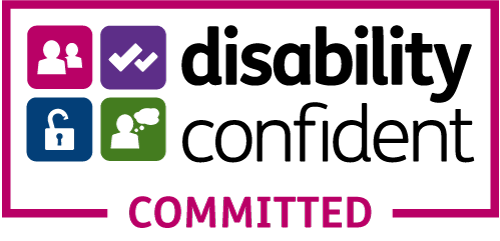Job interviews are a critical step in the hiring process, and they come in various formats depending on the industry, company culture, and role. Here’s a detailed look at the ten most common types of job interviews, each with its unique approach and purpose.

1. Traditional One-on-One Interview
In a traditional interview, you meet with a single interviewer, usually a hiring manager or supervisor. This format is ideal for assessing your qualifications, experience, and fit for the role. It’s the most common type of job interview, often conducted in-person or virtually.
2. Panel Interview
A panel interview involves a group of interviewers, typically from different departments or functions. This format allows the interviewers to gauge how you interact with a team and assess your responses from multiple perspectives. It’s common in government jobs, academia, and larger corporations.

3. Group Interview
In a group interview, multiple candidates are interviewed simultaneously. This setting is often used to assess teamwork, communication, and leadership skills. Group interviews are common for roles that require strong interpersonal skills, such as sales or customer service.
4. Behavioral Interview
Behavioural interviews focus on your past experiences to predict future behaviour. Interviewers use questions based on the STAR (Situation, Task, Action, Result) method, asking you to describe specific situations and how you handled them. This format is popular because it helps interviewers understand your problem-solving skills and teamwork abilities.
5. Case Interview
Case interviews are common in consulting and finance. The interviewer presents a business problem or scenario, and you are expected to analyse and propose a solution. This format assesses your analytical skills, creativity, and ability to think on your feet.
6. Technical Interview
Technical interviews are designed to assess your technical knowledge and skills. They are common in IT, engineering, and other technical fields. Expect coding challenges, problem-solving exercises, and technical questions related to the specific role.
7. Phone Interview
Phone interviews are often used as a preliminary screening step before a face-to-face interview. They allow employers to gauge your communication skills and confirm basic qualifications. Phone interviews are generally shorter and focused on getting to know you briefly.
8. Video Interview
Video interviews have become more common with the rise of remote work and virtual communication tools. They offer flexibility and can be conducted from anywhere. Video interviews are similar to traditional interviews but require additional preparation for technical issues and camera presence.

9. Lunch or Dinner Interview
These interviews are more informal and typically occur in a restaurant or café. The purpose is to evaluate your social skills, etiquette, and how you conduct yourself in a less formal setting. This format is common for roles that require client interaction or high-level business meetings.
10. Stress Interview
Stress interviews are designed to test your ability to handle pressure. The interviewer might ask difficult questions, use silence, or create a challenging atmosphere. Stress interviews are rare but are sometimes used for high-pressure roles in finance, emergency services, or security.
Conclusion
Understanding the different types of job interviews helps you prepare effectively for each format. Each interview type has its own dynamics, and the key to success is being adaptable, confident, and well-prepared. By familiarising yourself with these common interview styles, you’ll be better equipped to tackle any interview that comes your way.





